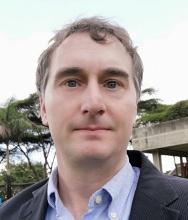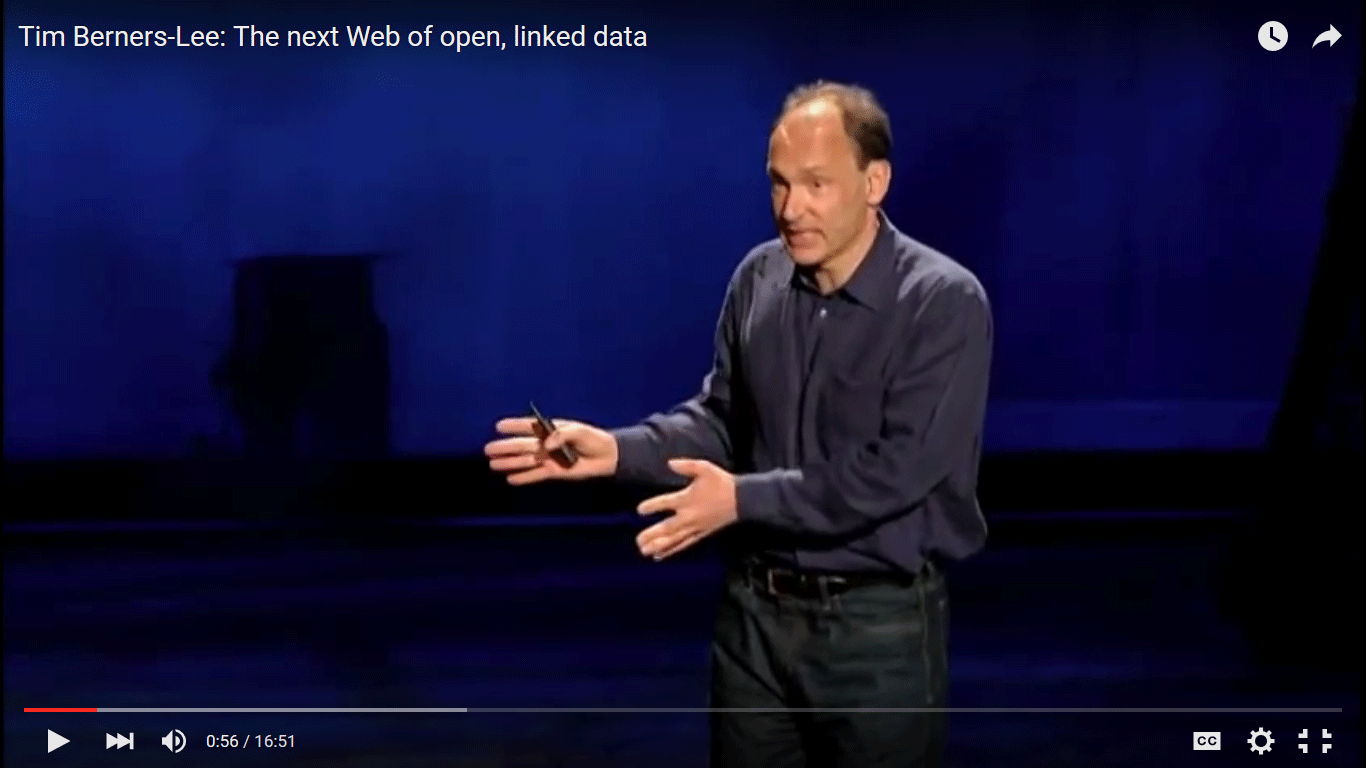
Topics and Regions
Neil Sorensen joined the Land Portal as its Communications Specialist in October 2015. He has extensive experience leading communications for international organizations and developing relationships with civil society, donors, intergovernmental agencies, the media and the private sector. Previously, Neil worked for the International Fund for Agriculture Development (IFAD) as a Governing Bodies Officer and Strategic Adviser to the Secretary of IFAD. He has also led communications for three international organizations, including the International Land Coalition, the International Federation of Agricultural Producers (IFAP) and the International Federation of Organic Agriculture Movements (IFOAM). He holds a Master’s degree in Global Diplomacy from the University of London School of Oriental and African Studies (SOAS) as well as a Bachelor’s degree with a double major in German and Sociology from St. Cloud State University.
Details
Location
Contributions
Displaying 1051 - 1060 of 11562.5 billion people at risk of hunger and poverty if land rights are not protected
NGOs call on governments to act to save people and planet
Indigenous Peoples and local communities protect half the world's land, but formally own just 10 percent, according to a report released today by a global alliance of NGOs.
The report, “Common Ground: Securing Land Rights and Safeguarding the Earth,” is published by the International Land Coalition (ILC), Oxfam, and the Rights and Resources Initiative (RRI).
Common Ground: Securing Land rights and safeguarding the earth
Up to 2.5 billion people depend on indigenous and community lands, which make up over 50 percent of the land on the planet; they legally own just one-fifth. The remaining five billion hectares remain unprotected and vulnerable to land grabs from more powerful entities like governments and corporations.
Forty years of community-based forestry: A review of its extent and effectiveness
Community-based forestry (CBF) includes “initiatives, sciences, policies, institutions and processes that are intended to increase the role of local people in governing and managing forest resources” (RECOFTC, 2013). It includes formalized customary and indigenous processes as well as government-led initiatives.
Forty years of community-based forestry: A review of its extent and effectiveness
Community-based forestry (CBF) includes “initiatives, sciences, policies, institutions and processes that are intended to increase the role of local people in governing and managing forest resources” (RECOFTC, 2013). It includes formalized customary and indigenous processes as well as government-led initiatives.
IKM Emergent
IKM Emergent has been a research and communication programme founded on a critical analysis of current practice in the use of all forms of knowledge, including formal research, within the international development sector. IKM Emergent believes that historically the development sector has adopted a too linear and simplistic understanding of how development takes place and therefore of how it needs to act in order to make change happen. As a result, the sector has generally based its work on too limited a range of knowledges from too limited a range of sources.
Tim Berners-Lee: The next Web of open, linked data
20 years ago, Tim Berners-Lee invented the World Wide Web. For his next project, he's building a web for open, linked data that could do for numbers what the Web did for words, pictures, video: unlock our data and reframe the way we use it together.
TED
TED is a nonprofit devoted to spreading ideas, usually in the form of short, powerful talks (18 minutes or less). TED began in 1984 as a conference where Technology, Entertainment and Design converged, and today covers almost all topics — from science to business to global issues — in more than 100 languages. Meanwhile, independently run TEDx events help share ideas in communities around the world.
Our Mission: Spread ideas
Protecting Community Lands & Resources in Africa: Grassroots Advocates' Strategies & Lessons
In 2013, a group of 20 expert advocates from across Africa gathered for a three-day symposium to share experiences and practical strategies for effectively supporting communities to protect their lands and natural resources. The symposium illuminated many similarities between the types of threats to communities’ land and natural resource claims, as well as underlying factors that drive and exacerbate the threats.








